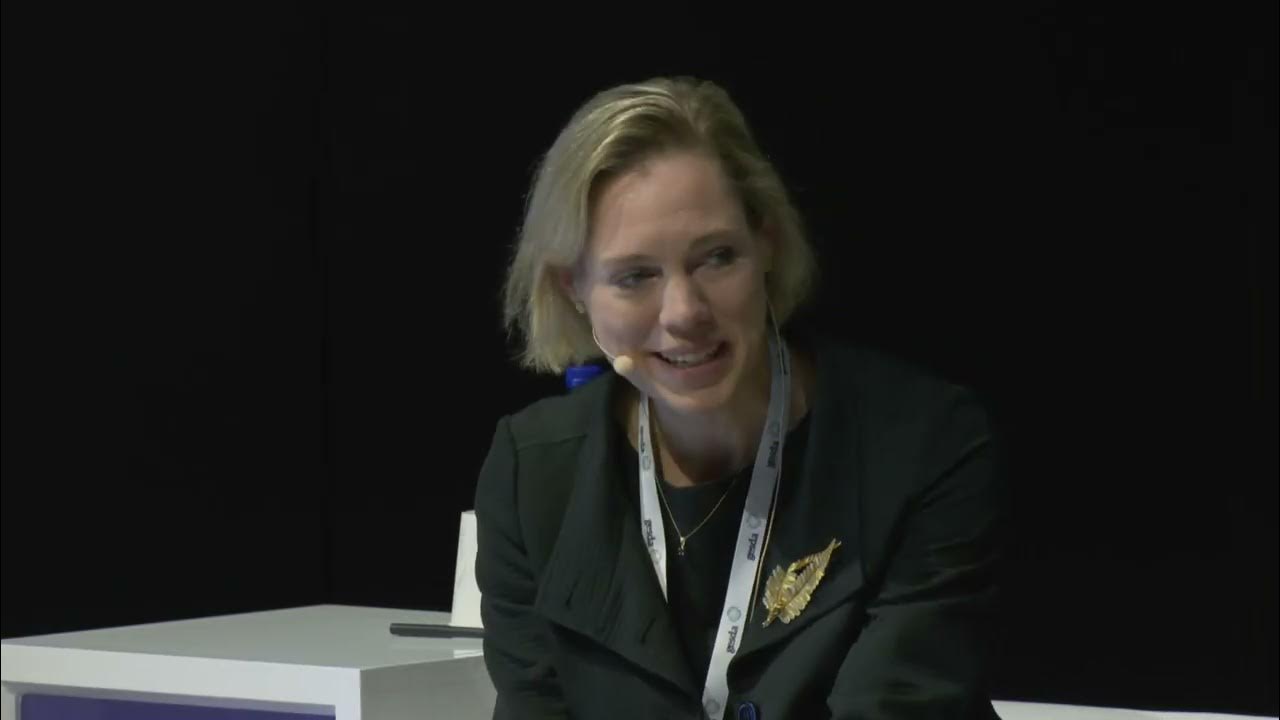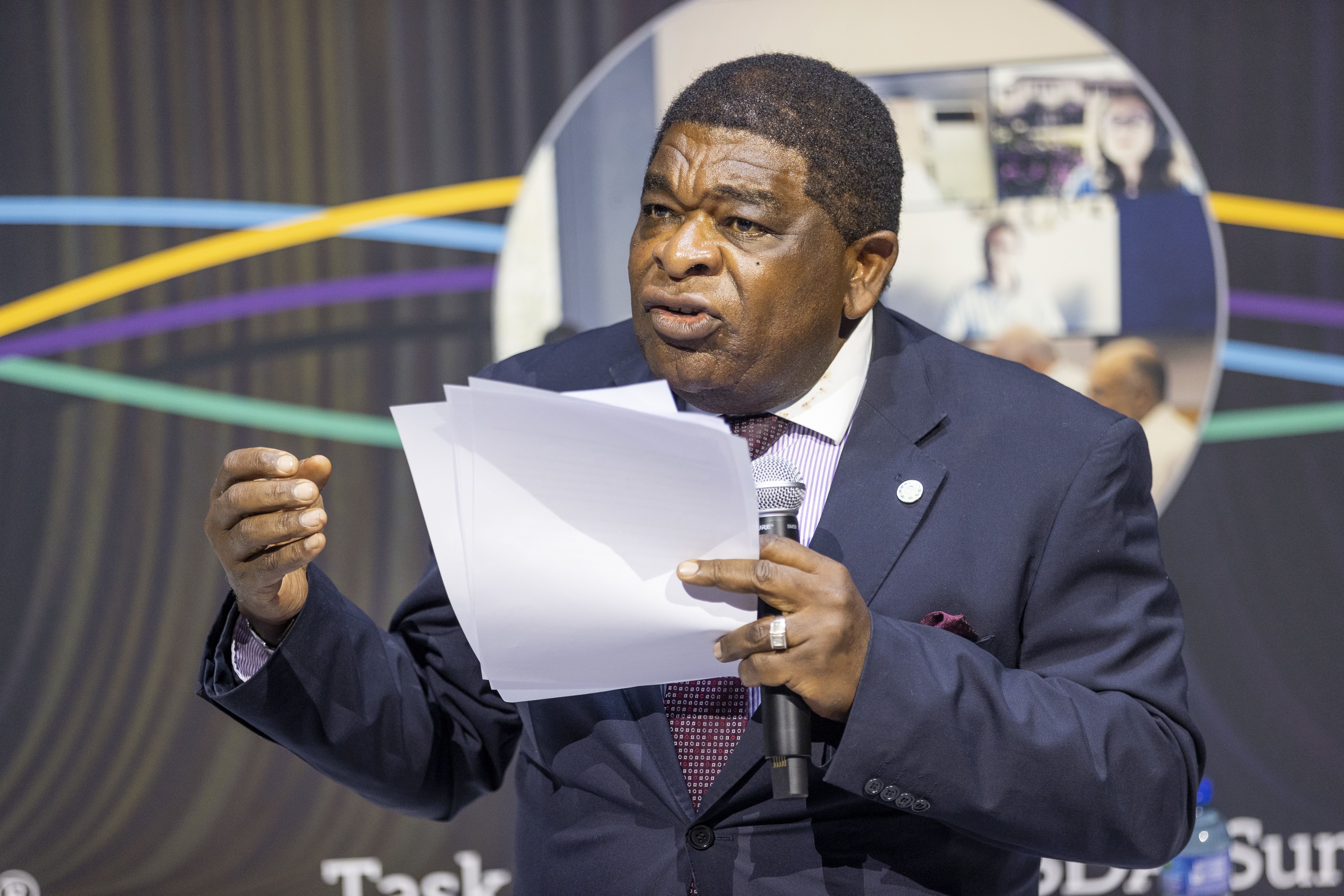
Transboundary challenges such as COVID-19 or the climate crises can only be addressed through global collaboration, however, geopolitical tensions point in the opposite direction as nations retreat from multilateralism and erect barriers to international collaboration and challenges to evidence-informed policymaking. Join this session to learn how a globally recognised science diplomacy curriculum and capacity building framework dedicated to effective multilateralism will equip future leaders and their institutions to tackle emerging global challenges.
Takeaway messages
“Science diplomacy, involving nations, NGOs, citizens, and Indigenous communities, is considered a modern tool for addressing transboundary challenges such as pandemics and climate change. Switzerland, Japan, the U.K., and the U.S., among others, include science diplomacy in their policymaking, supported by agreements like the 2019 Madrid Declaration and 2021 Vienna Statement.
”
“GESDA is working on creating a Global Curriculum for Science and Diplomacy, aiming to provide anticipatory science and diplomacy training to current and future leaders across sectors. The curriculum aims to foster a “multilingual” mindset, encouraging collaboration across STEM fields, governments, multilateral institutions, and the private sector.
”
“Science diplomacy faces challenges in fragmented academic approaches and the need for a future-oriented, inclusive, and multidisciplinary approach. Geneva, with its international organisations and diplomatic presence, is seen as a promising hub for training in science diplomacy and promoting global collaboration.
”
“As well as anticipating scientific breakthroughs, it is important to invest in building up the cadre of people who can interact at the interface between science and diplomacy to address global challenges.
”



